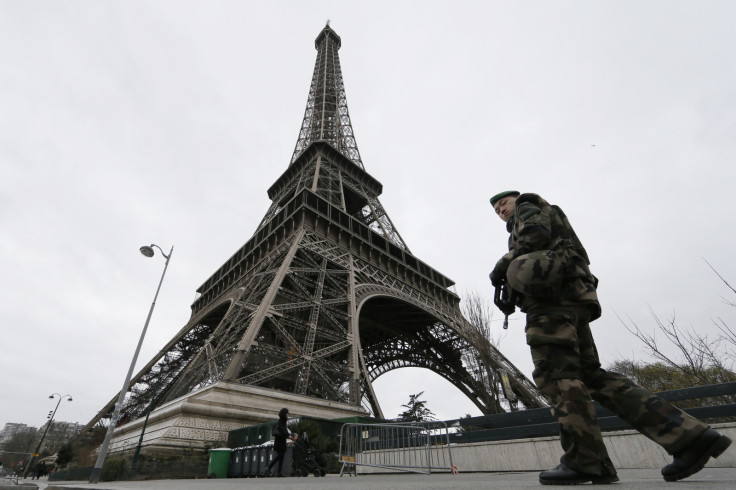Europe faces 'most serious terrorist threat since 9/11' as up to 5,000 Jihadi suspects pose risk

Europe is at the biggest risk of a terrorist attack since 9/11, with as many as 5,000 EU nationals who have joined fighting in Syria posing a threat to security, according to Europol.
The EU's law enforcement agency handed over 60 urgent pieces of information to French police with regards to terrorism funding in the 24 hours following the terror attacks in Paris, as well as five intelligence requests to the US, according to its director Robert Wainwright.
Following the attack in Paris, he said there were thousands of EU nationals who posed a potential terror threat to Europe after leaving the continent.
Wainwright warned the people, mainly comprising young men, had the potential to return to Europe to commit attacks similar to those seen in Paris.
He said: "We are talking about 3,000 to 5,000 EU nationals who are potentially a threat.
"Clearly, we're dealing with a large body of mainly young men who have the potential to come back and have the potential or the intent and capability to carry out attacks we have seen in Paris in the last week."
Speaking to the Home Affairs Select Committee, Wainwright added there was potential to impose David Cameron's proposal to introduce a "snooper's charter" to monitor internet communications for potential terrorist attacks.
Cameron said: "If I am prime minister [after the general election], I will make sure we do not allow terrorists safe space to communicate with each other."
Speaking to MPs, Wainwright said: "One of the important evolutions we're seeing right now in the current terrorist threat is the way the internet is used, clearly much more aggressively, much more imaginatively by the networks.
"Social media is a recruitment tool. Not just that, social media is a propaganda tool.
"We have to have a closer, much more productive relationship between law enforcement and technology firms.
"Also I think we need to have the right legalisation in place to allow the authorities to monitor suspected terrorist activity."
However, he added police face a "security gap" in tracking terrorists online as some terror suspects are "effectively out of reach".
Cameron has been criticised as "living in cloud cuckoo land" after suggesting the government could intercept messaging services that use encryption, such as WhatsApp, if they suspect they are being used by terrorists.
© Copyright IBTimes 2025. All rights reserved.




















